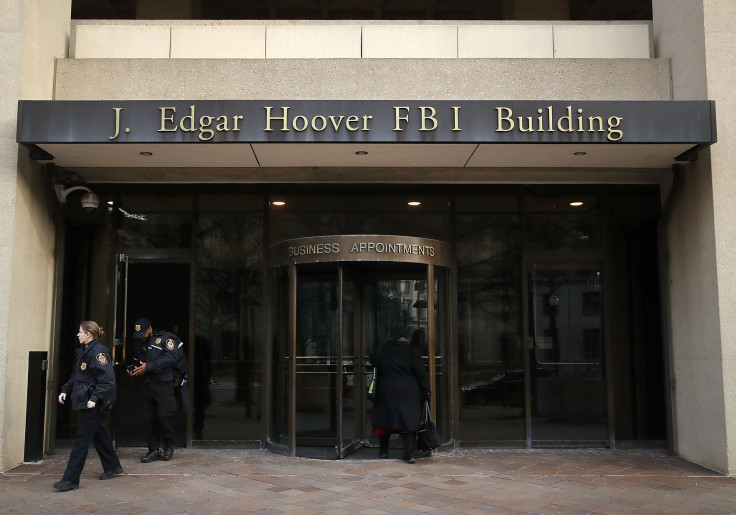Cybercrime Complaints Surge In COVID-19 Pandemic, Says FBI
KEY POINTS
- The Internet Crime Complain Center (IC3) saw the rise of cybercrime complaints amid the COVID-19 pandemic
- Complaints rose between 3,000 to 4,000 every day as compared to 1,000 reports before the pandemic
- IC3 deputy assistant director Tonya Ugoretz said the rise are caused by hackers who have a "desire to gain insight" in COVID-19 research
While some of the United States' biggest cities saw an “immediate drop” in some crime categories due to lockdown orders mandated by the government and health agencies, the Internet Crime Complain Center (IC3) of the Federal Bureau of Investigation (FBI) is bombarded by their own brand of illegal activities.
It is not only in America that stay-at-home orders are strictly enforced. Perhaps, the rest of the world is silent as nations are urging their constituents to refrain from going out as a drastic move to clamp the spread of COVID-19.
With nothing else to do, Americans are now increasingly present online. Adding to this count are people who are now indulged to work from from. This is where “domestic and international hackers” exploit Uncle Sam's citizens, preying on them while they go about their daily routine on the Interweb. As such, the IC3 has been receiving between 3,000 to 4,000 cybersecurity complaints every day since the virus took the U.S. on a vice-like grip, causing a pandemic.
“We have increased vulnerabilities online, and increased interest from threat actors to exploit those, said IC3 deputy assistant director Tonya Ugoretz in an Aspen Institute-hosted webinar last week, through The Hill.

Ugoretz continued to explain that the jump from a daily 1,000 complaints before the COVID-19 pandemic is caused by “nation states” hackers who have a “desire to gain insight” to the virus' research, particularly its vaccine that will eventually lead to a cure.
The World Health Ogranization, the Department of Health and Human Services, hospitals and other health-related affiliations are prime targets of these hackers as they scavenge and information that will lead them to uncover the proverbial cure for COVID-19. The webinar also detailed the rise in malicious emails that highlight the illness to lure unsuspecting individuals to click a “dangerous link.”
Endgaget, who also reported on Ugoretz's claims, said that the FBI, along with other agencies, issued a joint alert Wednesday (April 18) and warned about “potential cyber threats” coming from North Korea. It targeted financial institutions to fund the country's “weapons program and get around international sanctions.”
FBI sees huge jump in cyber crime reports during coronavirus pandemic https://t.co/DL9bBnix28 pic.twitter.com/gYhlUiywhi
— The Hill (@thehill) April 16, 2020
By Thursday, Ugoretz explained “not to read the timing” of the alert, but rather a move by the Bureau and federal agencies to “shine a light” on cyber threats the United States is facing.
© Copyright IBTimes 2025. All rights reserved.





















